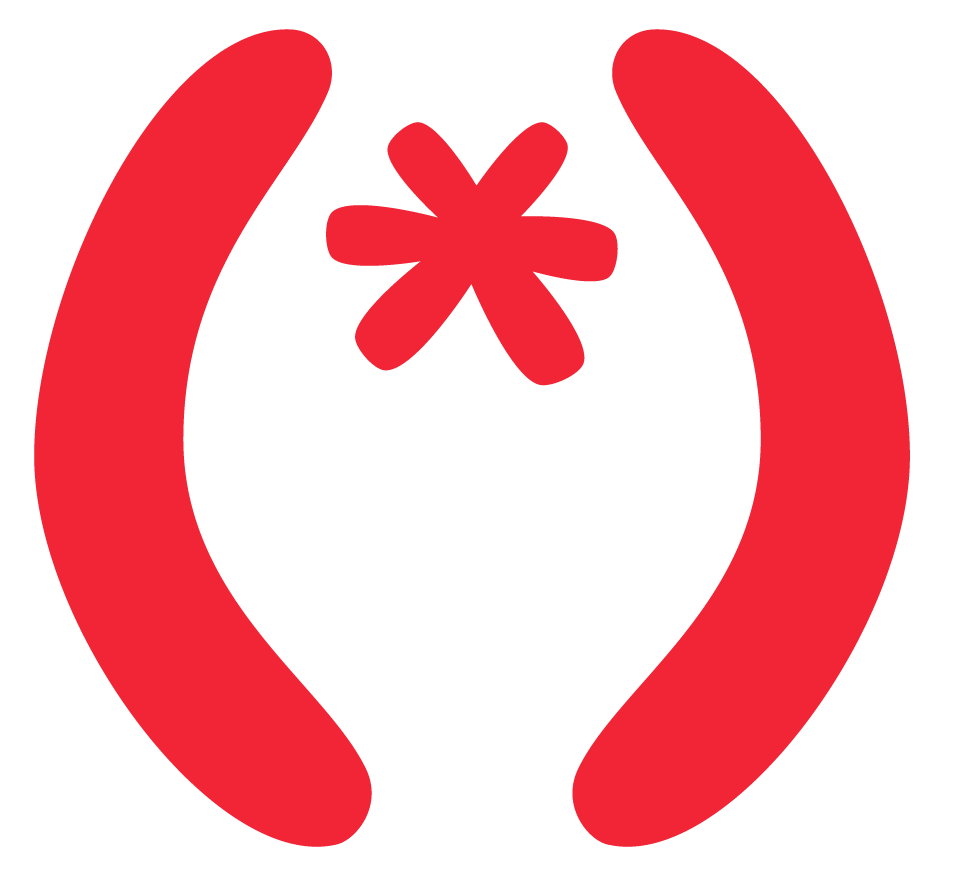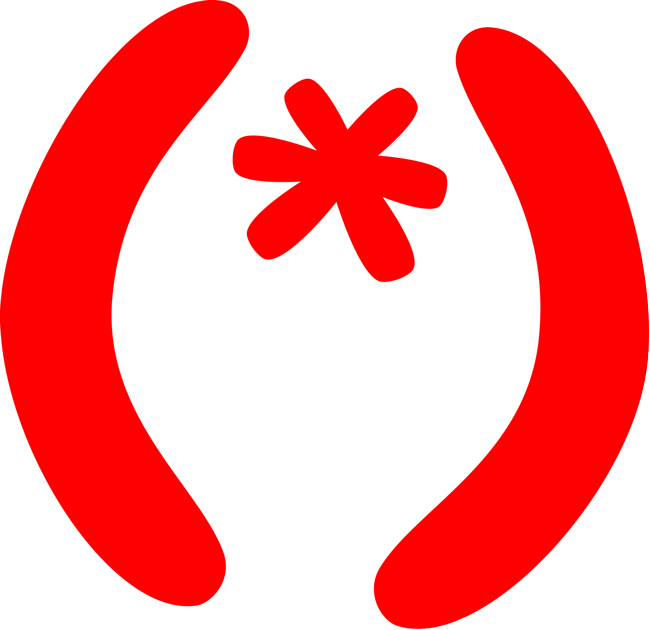Period. The End.
Words by Carmen Vidal
I can clearly remember when I first learned about periods. It was 4th grade. At the time, my family and I lived in a small town in Kansas. At school, they were going to talk to the girls in class about periods. Since I didn’t speak the language, my teacher asked my mom to talk to me about it beforehand so I wouldn’t be surprised. I remember her sitting me down and telling me calmly about it. From that moment on, I waited fot it to happen. Not necessarily scared... just ready.
Art by Logan Garcia
Art by Rose Gonzalez
My period was always this bothersome companion, embarrassing me in my teens when I would bleed through my clothes, making me paranoid every day. In my early twenties, I was diagnosed with PCOS, and my relationship with periods completely changed. This thing that was supposed to be a beautiful, natural process—something that meant I was a fertile woman—became something that permanently complicated my life.
With PCOS, my periods became a monster that made every cycle a new surprise—always debilitatingly painful. They brought on migraines and constipation, pain that radiated from my womb to my knees, and worst of all, they were irregular as fuck, making me VERY paranoid during my hoe phase.
When I got diagnosed, the immediate treatment was to put me on the pill. As my doctor at the time put it, “Regulate you now so when you choose to have babies it will be easier.” It was never discussed whether babies were in my plans. As a 21-year-old cis woman, it was the default assumption.
The pill—oh, the pill— it was the worst thing for my mental health. The mood swings I endured during those nearly 20 years were catastrophic. I honestly think they almost cost me my life, and I wasn’t even aware the pill was the problem. After taking it for so long, I convinced myself I was just crazy. It wasn’t until I was 34, when I switched to an IUD, that the mood swings were gone. I always compare this shift to that scene in The Wizard of Oz when life turns technicolor.
On the IUD, my periods became super light, and after six months, they basically disappeared. Every once in a while, when the full moon is particularly strong, I’ll get a period—don't ask me the science behind that, that’s just how my body works now. Menstruation, this event that once defined my life, is now something I rarely think about.
Art by Ari Borazjanian
Now, in my early forties and still on the IUD, I’ve started noticing some changes: I’m more emotional, I get brain fog, I feel weak and fatigued, my skin and hair are drier… What’s happening to me now? Is it time? Is my relationship with menstruation coming to an end? After comparing symptoms with my friends, and talking to my mom and siters, I finally worked up the courage to tell my gynecologist: “I’m ready to get tested for perimenopause.”
It was in that moment—waiting for my results—that I made peace with this next chapter. The one thing my period has taught me over the years is to listen to my body and trust the process. “Your tests show you are entering perimenopause,” my doctor told me. “You’re still producing estrogen, but from now on we’ll start seeing the levels decline.” I wasn’t shocked. I knew this was coming. I’m not scared. I’m just ready.
You see, we cis women often correlate periods with womanhood—the thing that marks us as capable of having children. In my case, that wasn’t true. With PCOS, I knew having kids would be a struggle, and it was something I didn’t want to put my body through. I figured, If this is how my mind and body react to periods, I can only imagine how bad pregnancy would be. I knew I didn’t want that, so I made up my mind because I wanted to put my health first. Now that the chances of pregnancy are even further away, I don’t regret it at all. Women are not defined by their ability to be fertile and reproduce. We are so much more than that. I am, more than that.
As I sit here writing this recollection of my period, I feel emotional. It’s like preparing to say goodbye to a friend, an enemy, a constant companion. There’s a grieving process that comes with this goodbye—and a question that lingers in my mind: When it finally ends, who will I become?




